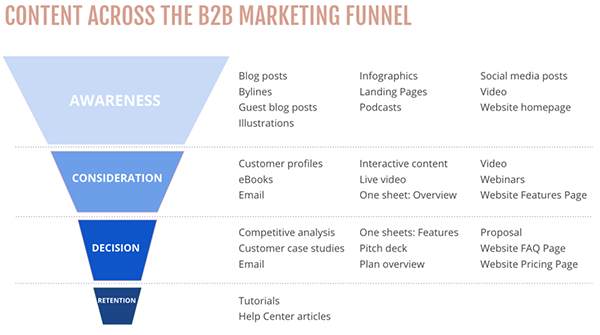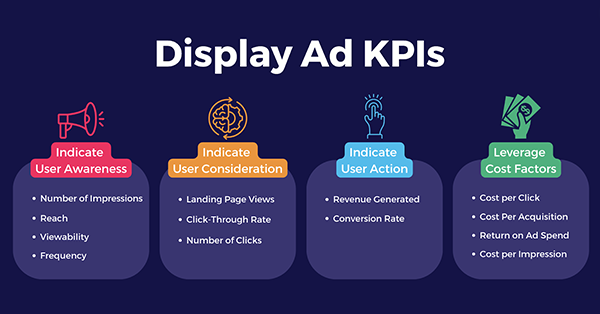Do you also believe that businesses around the world aspire to grow beyond their limits?
Well, they need to have an excellent workforce for that. For starters, this workforce can be recruited internally. But, another option of external recruitment is still a great option. This is why your recruitment software can become extremely beneficial for businesses around the world.
As per my marketing experience, no business can ignore the need for recruitment software, and hence, their marketing campaigns often bring fruitful results. The key to effective B2B marketing is to pinpoint some elements like target audience, lead generation, etc. (Leadfeeder)
Already curious about planning your marketing strategy to promote your recruitment software? Keep reading.
As the name suggests, B2B marketing, or business-to-business marketing, works on promoting products or services from one business to another. In the case of recruitment software, the audience you should focus on is HR professionals, staffing agencies, and talent acquisition leaders.
Why is it so necessary? The following are the reasons:
In short, B2B marketing ensures your software gets noticed, trusted, and purchased.
There are some questions you need to ask your team about what they understand about their product. The following are such questions:
As mentioned previously, you need to ensure who your ideal buyers are. Typically, these buyers include:
Start by creating detailed buyer personas. These are the profiles of your ideal customers. You can use tools such as LinkedIn Insights or Google Analytics to collect information on your audience’s preferences, pain points, and behavior.
Try communicating how your software can tackle many challenges, such as:
When your product speaks directly to these pain points, it becomes a solution that is almost impossible to ignore for businesses.
Now that you know what elements and approaches to focus on, the following is the winning strategy of how to create an effective marketing strategy:

Content is the ultimate king in marketing. Use it to educate and engage your audience while demonstrating your expertise. Effective content formats include:
Educational content builds trust and positions your software as a must-have tool.
Even for HRs and job seekers, networking is the best tool that helps in the end. Likewise, it can be useful to find clients as well. LinkedIn is a goldmine for connecting with decision-makers in the recruitment industry. To maximize its potential:
As the name suggests, account-based marketing is all about personalizing according to the accounts you are targeting. During this process, the team starts with identifying high-value prospects and tailoring your messaging to address their specific needs. For example, highlight features like applicant tracking or AI tools when targeting enterprise-level clients.
Email remains one of the most effective B2B marketing tools you can have by your side.You must create personalized drip campaigns that:
Automation and segmentation ensure your emails land in the right inboxes at the right time.
SEO tools are admired by enterprises around the globe. Here’s why SEO tools should be in your marketing arsenal:
Tracking your progress is equally important as you put effort into your campaign. The following is how you track your campaigns efficiently:
While tracking the success of your ad campaign, some key indicators can also be of your great help. The following is how they work:

B2B marketing is necessary for recruitment software providers who want to thrive in a competitive market. By understanding your audience, creating tailored strategies, and measuring results, you can position your product for success.
Now, it is your turn to take action. Start implementing these strategies today and watch your software gain the visibility and trust it deserves.
